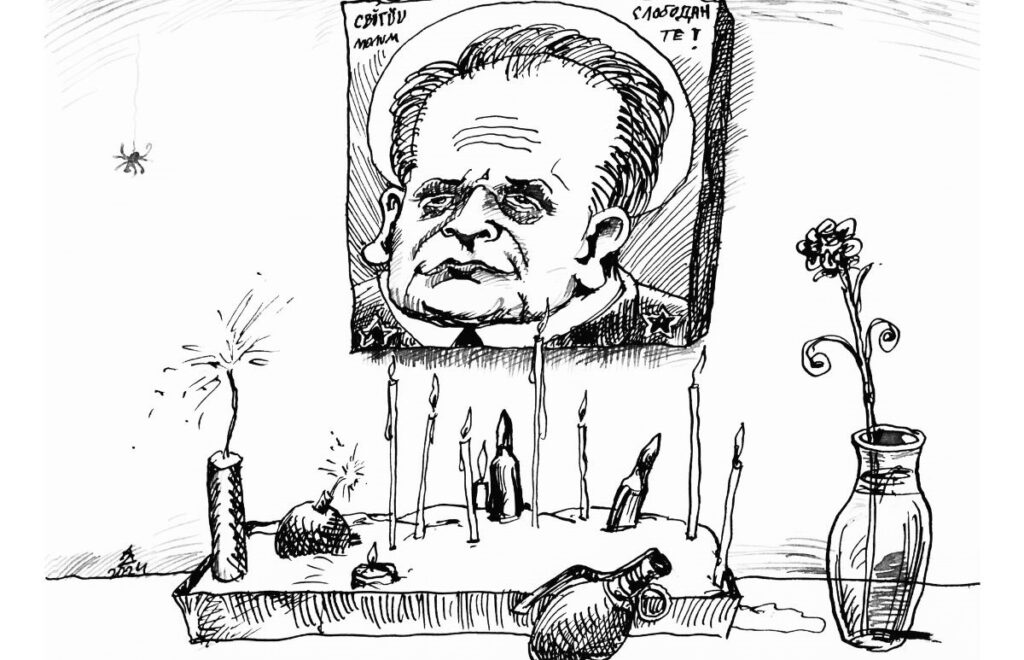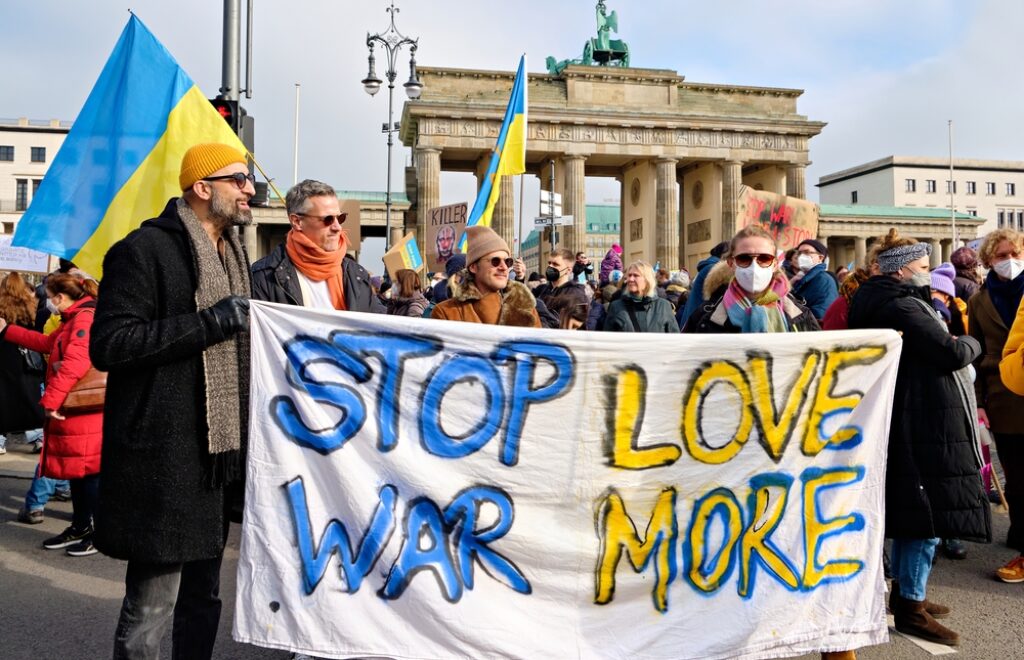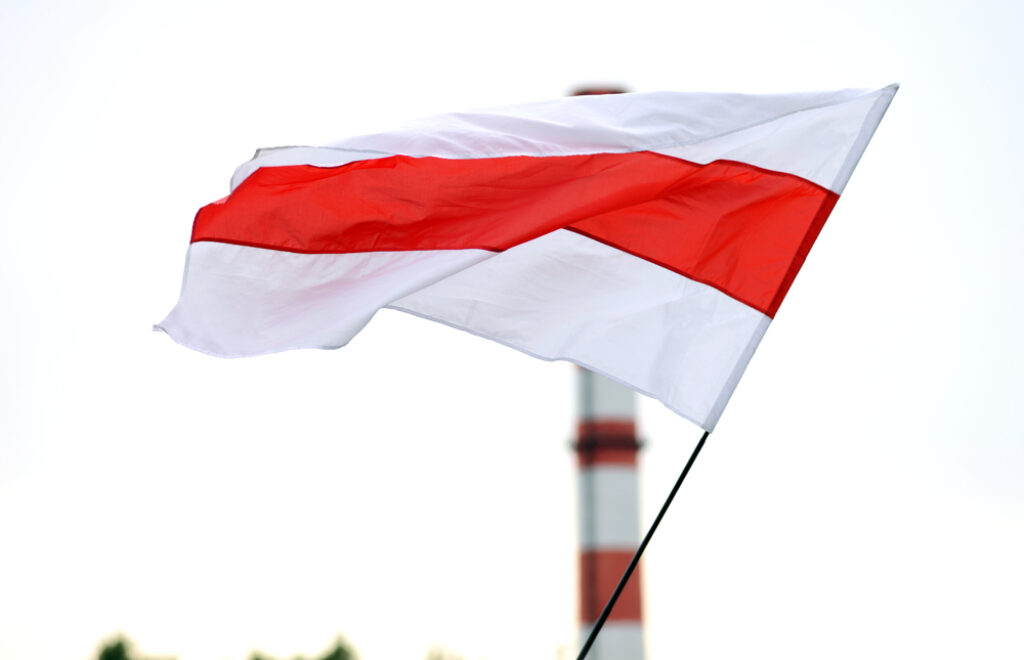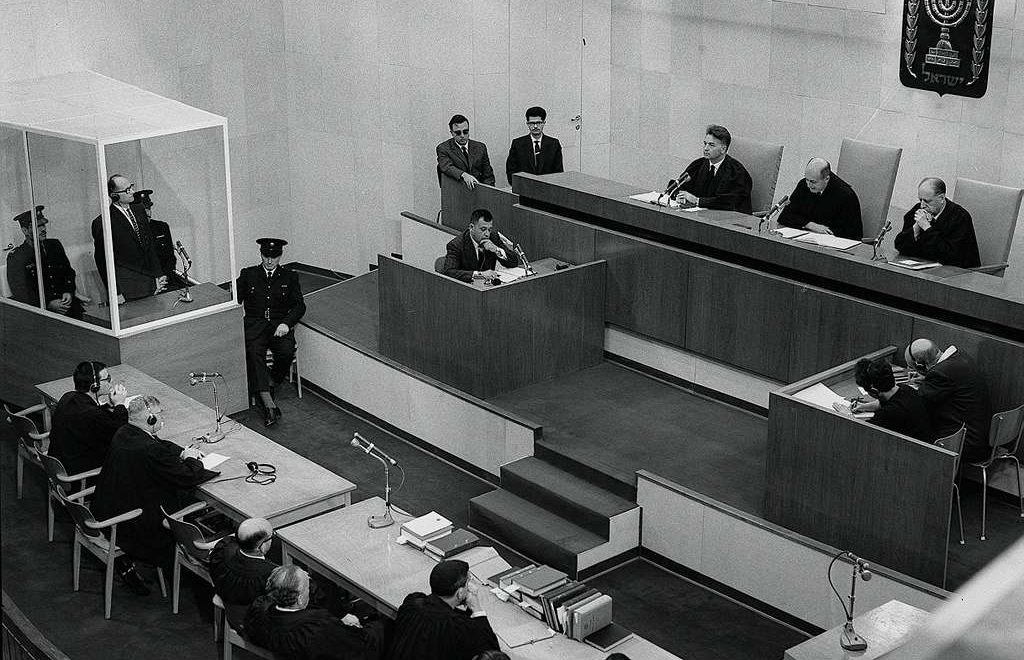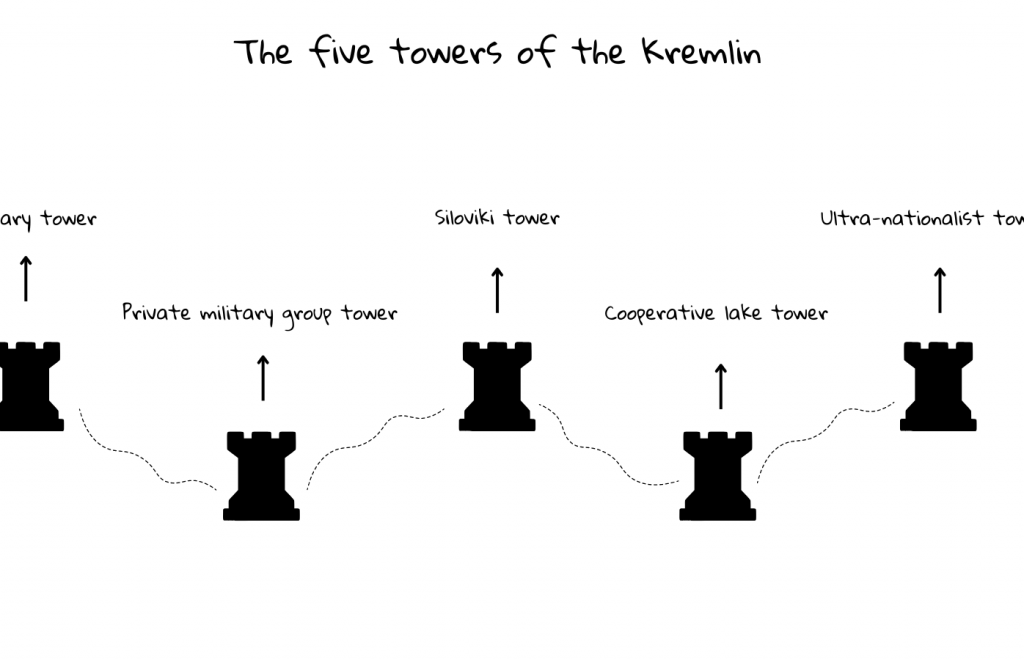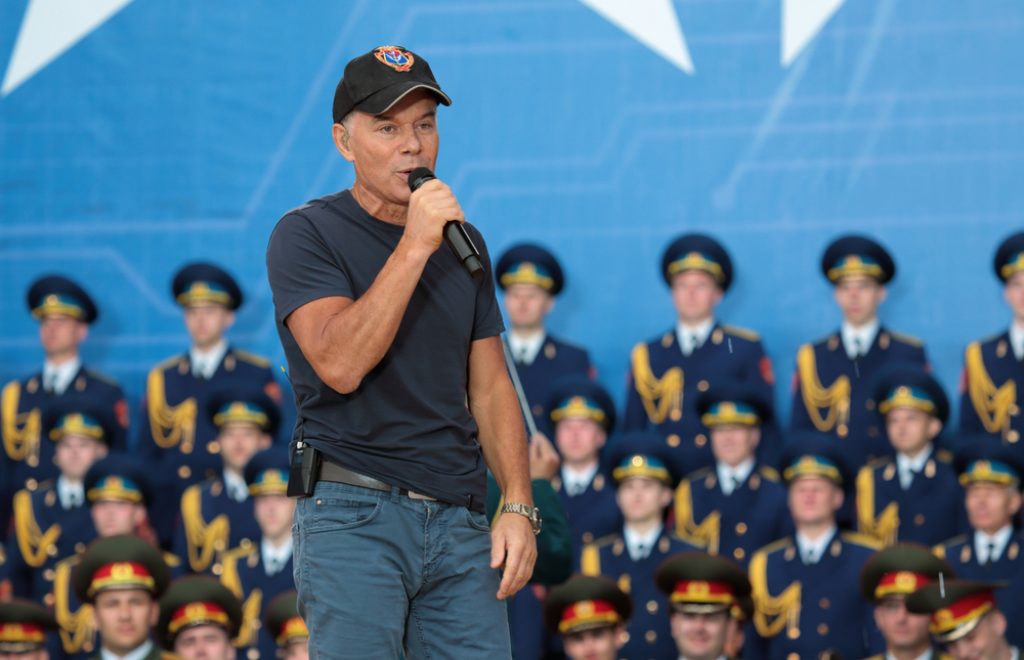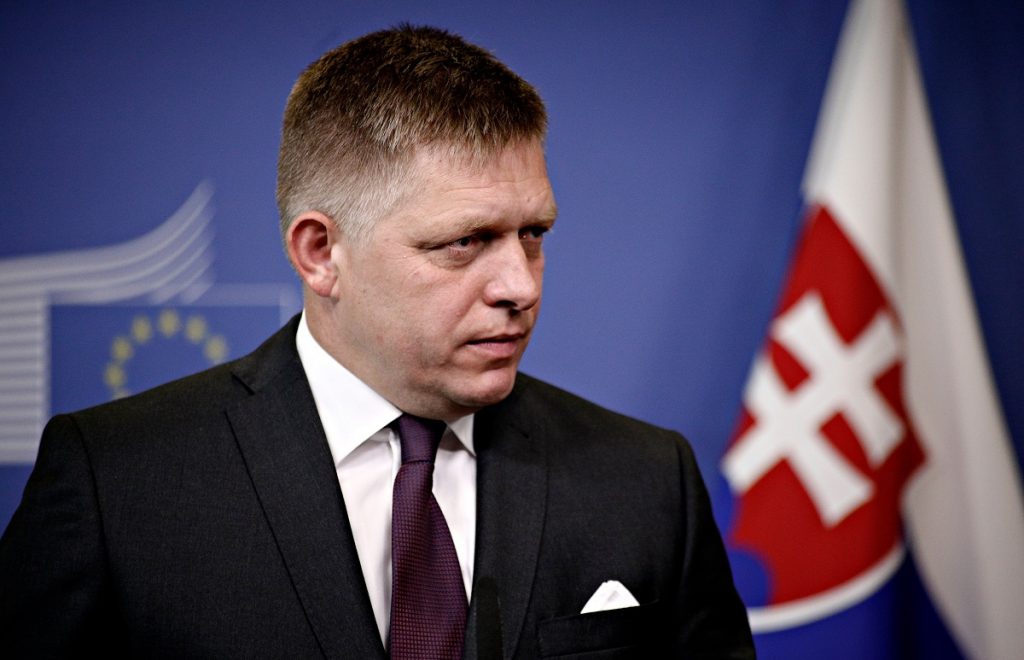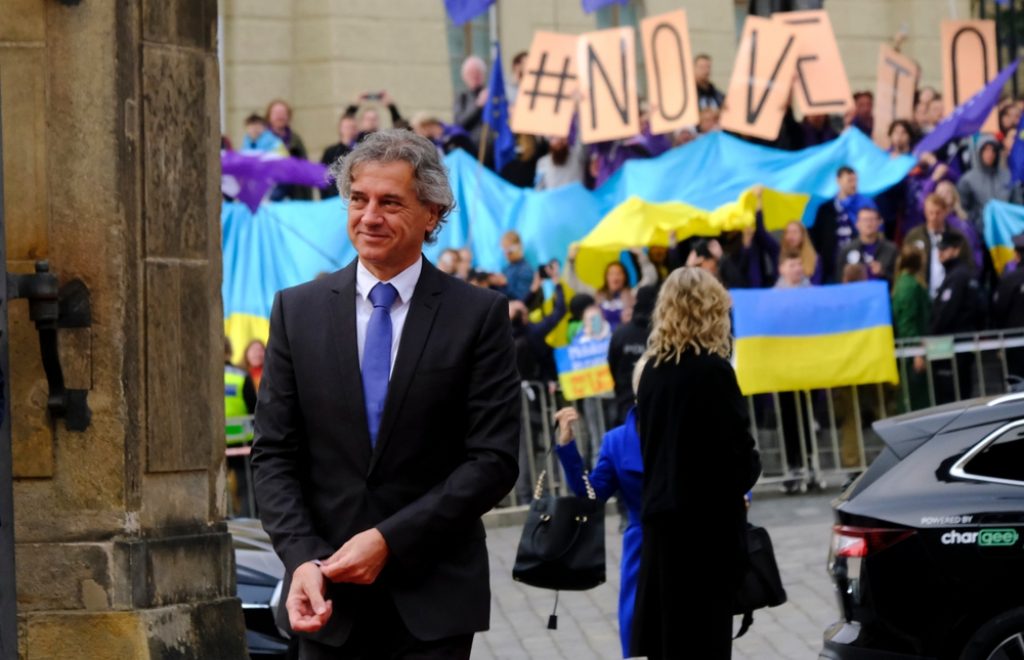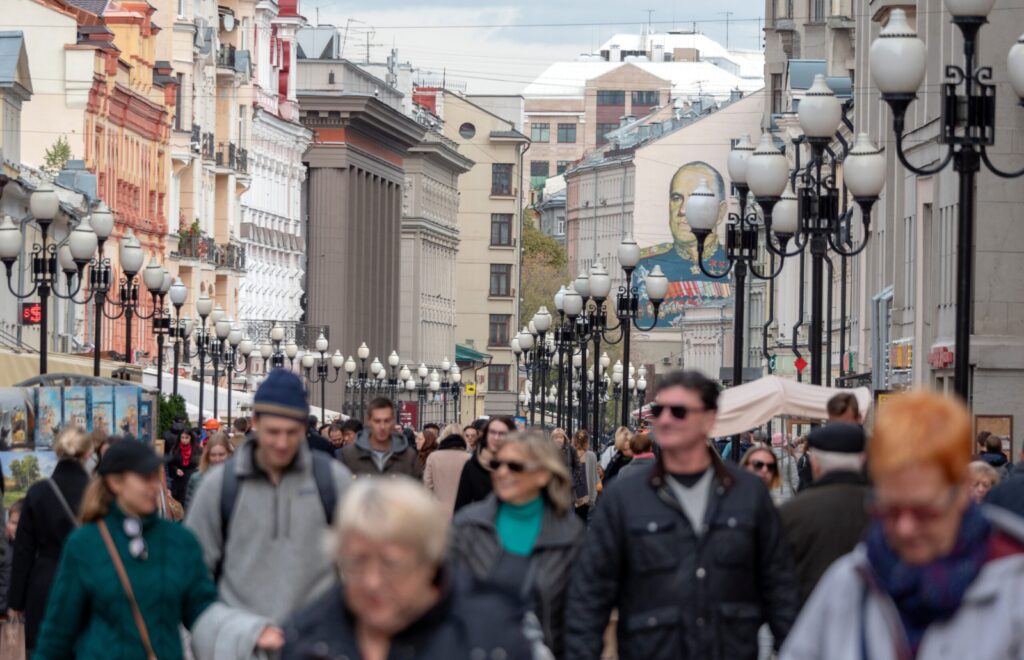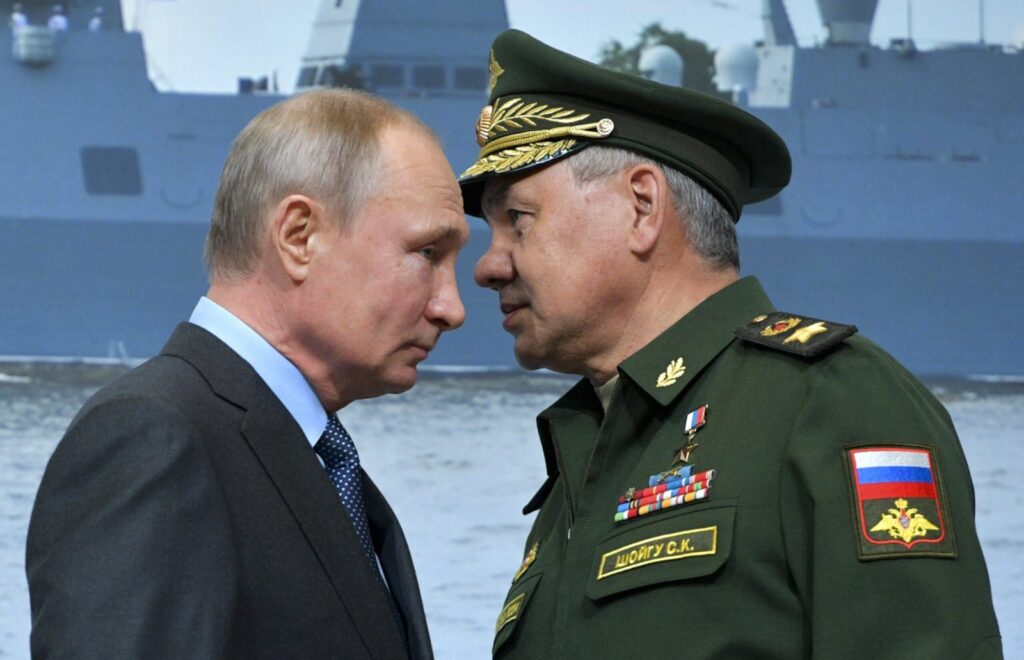The spectre of Slobodan Milošević continues to haunt Serbia
The collapse of communist Yugoslavia was undoubtedly the biggest tragedy for the Balkans at the end of the 20th century. What had been agreed during and after that conflict still greatly affects Balkan politics to this day. Other than the changes in borders or alliances, many politicians and political parties rose to prominence during the war or afterwards because of it. The most familiar person to anyone both in the Balkans and in the West that made their claim to power during the Yugoslav Wars is the former president of Yugoslavia, Slobodan Milošević.
February 7, 2024 - Stefan Mandic


